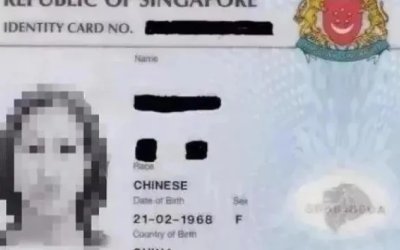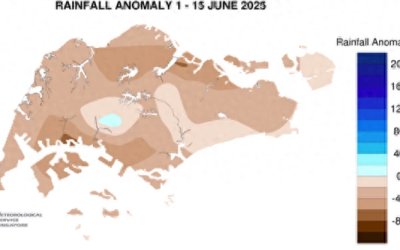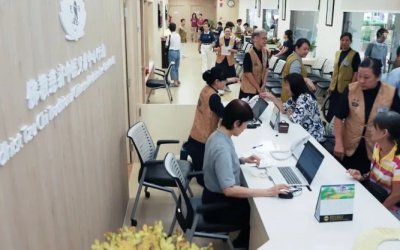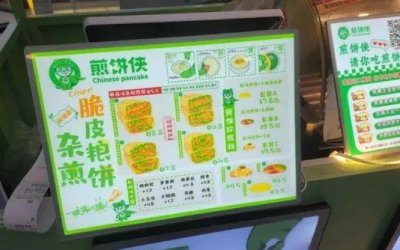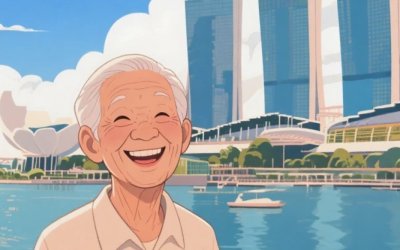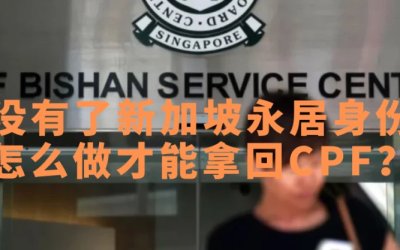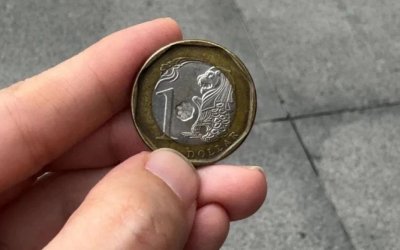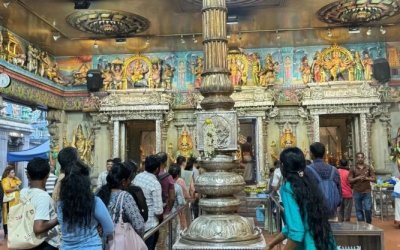一個出生在20世紀尾端的女孩兒,透過她的文筆,我們可以了解在這個時期的年輕人,是如何看待自己的生活,學業與愛情,當然平行觀察,這些很主觀的思緒,想法與苦惱,是否也同樣纏繞著北半球的你呢?

今天的主人公Jessica是老趙的同事,一位27歲的新加坡女孩兒,作為「千禧一代」的她,並沒有被物慾橫飛的浮躁所侵蝕,享受著新加坡獨特的社會教育福利帶給她的順遂,雖然不能說是隨遇而安,卻也是知足常樂,感恩所擁有的一切。

當我們漸漸的老去,慢慢的才發現,其實老去的不僅僅是我們的皮囊,更多的是自信的乾癟,當你與這樣年輕的靈魂在一起共事時,你會發現,他們的自信絕不是純天然的,而是來自於這個國家完整的教育體系,成績固然是衡量學業的重要標準,可從小在新加坡這樣注重理論與實踐相結合的國家,可能對於自己未來的規劃,與行動更為重要吧。
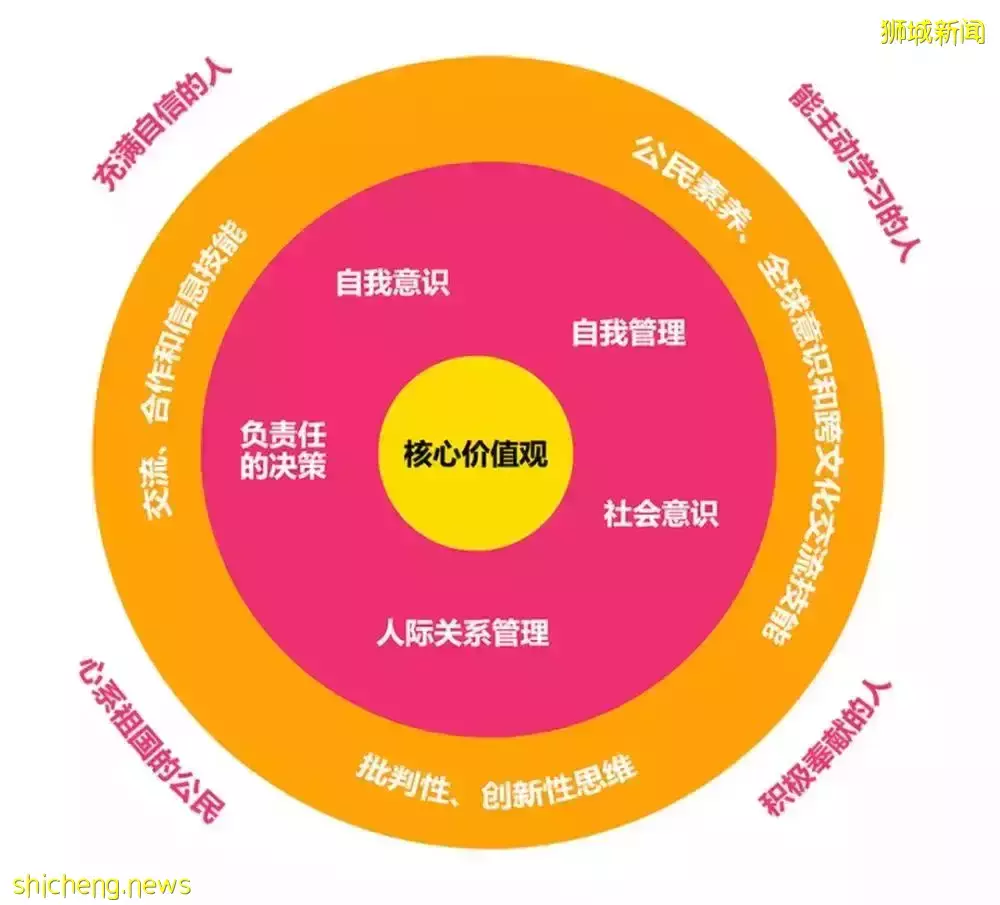
不知道是好還是壞,新加坡為了不給年輕一代太多的生活負擔,一直秉持著先總理李光耀的居者有其屋的計劃,在東方的年輕人都為買房而發愁的年代,新加坡為這些年輕人們準備好了只需要付15%的「婚房」,簡單的計算,一套三室一廳的房子,只需要先付5萬新幣就可以拿到了,以後的每月貸款也可以從公積金中抵扣。當然大前提是,在房子下來之前,你要保證,你的另一半還是你的另一半。否則你不僅拿不到房而且也拿不回你的押金。

對於新加坡年輕人來說,大學生活不僅僅只有學業,更多的是情感交流,畢業後的你,忙碌於各種面試,初期的適應工作,人生規劃,等到靜下來時,一絲涼意竄上心頭,多少會覺得十分孤單,七雜八雜的事物將時間占據,自我感覺充實有效,可一停下來,思想上的反彈,讓這種情愫侵蝕著身體的每一寸皮膚。

這還沒完,冰冷的手機不僅不能平復內心,還要擴大你的焦慮,各種朋友圈,信息,新聞,都昭示著婚姻本應該與你越來越近,卻又距離你越來越遠。因為你根本沒找到你的另一半。

Jessica在她的自白中有一段我非常贊同,那就是感情的獲得,往往和努力並沒有絕對關係,學習你可以是笨鳥先飛,工作你可以是勤能補拙,可感情,有太多太多都是付出得不到回報,那麼只能等嗎?或是順從周遭思想的蹂躪,讓自己就這麼妥協,隨隨便便的找個人結束自己對愛情的憧憬?可能也算是一種選擇吧,在一個高品質低成本的生活社會中,男女對於婚姻的渴望貌似變得越來越低,通過媒體平台達到大腦的滿足成就了越來越多的宅男與不婚族。

說回到當下,Jessica提到2個問題:
1. 疫情時期,我們應該從哪兒找愛情?
2. 在新加坡這樣的現代都市,愛情被商品化了嗎?

回看這簡單的兩個問題,其實背後反射出不同的人性面;首先就是對社交的渴望,愛情這個事兒有時候確實很難說,找到愛情的可能更是少之又少,但是大家都有一顆尋找愛情的心,所以在疫情影響下,對於新加坡這樣的都市型國家,基本將旅行這個業務直接攔腰折斷,那麼缺少了這一浪漫因素的愛情,多少都失去了靈魂。

其次是對自我的照顧,表現最明顯的就是吃,無論你身處何處都不能改變這一與生俱來的訴求,但是有趣的是,我們不僅僅是為了吃飽,更多的是要吃的舒心;

第三個就是在精神上放大自我,我們需要共鳴,需要從歷史文化中尋求或多或少的關聯。這可能也就是為什麼我們要讀書的真諦吧。那麼愛情到底有沒有被商品化,其實也就不重要了。

好了,老趙廢話太多了,下面就讓我們一起來欣賞一下Jessica的文筆吧,它不僅僅展示了作者內心對愛情的渴望,而且表明了自己積極的愛情觀,當然,這還可以成為你學習生涯中難得的一篇英語隨筆範文!
(如果您喜歡Jessica小姐姐的文章,欣賞她的愛情觀,一定記得留言哦!)
I was born in the year 『94, a part of what wecall 「Gen Y」. In Singapore, the term 「Gen Y」, also known asMillennials, is used to describe individuals born between 1981 and1996. Now 27 years of age, I have long left the education system, andam firmly steeped in the working world. With a decent job, enoughmoney to pay the bills, and enough to worry about the frivolousthings of life (such as which colour of iPhone 13 I should purchase),I consider myself lucky. But as a product of the education system inSingapore, my mind consciously seeks out goals for myself.
Our Singapore education system is known for beingof the highest quality all around the world. While it certainly hasits merits, being in the education system has wrought about a mindsetof following the herd. Since we were in primary 1, we had been taughtto do all we could to score well in our PSLE, the most important examwe would take in our primary school education. If we did well, wecould take the 「through-train」 and bypass our GCE 「O」 levels,straight to the GCE 「A」 level examinations. After these majorexaminations, we would then go to university or polytechnic,depending on how well we score for our examinations and our careerambitions.
I remember the days of mugging for these papers.We would spend long hours in the school canteen, furiously poringover math formulas and history essays, all in a bid to do well enoughto score a flush of straight As. During university, we would find alife partner, and then upon graduation, start a respectable job inthe civil service or corporate world. After that, it would be time toconsider getting a BTO with your partner and starting a family. Rinseand repeat.
It seems that the government has laid out ablueprint for us millennials to follow. Granted, this cookie-cuttersystem has its purpose. Unlike China, Singapore is a country withscarce resources and our people are our greatest asset. Therefore, itis of utmost importance that we groom enough talent to fit into thevarious roles of the economy. However, this mindset has trickled downto even our personal lives, even to the most intimate things likemarriage and family.
Yet another wedding to attend, yet another babyshower. Yet another friend who has announced her engagement onInstagram. These are the things that millennials of my age arecurrently doing. And being a byproduct of the education system,suddenly, my life is thrown in disarray when I realize that I am nolonger a cookie in the cookie-cutter system. I am suddenly differentfrom my peers. And one does wonder, why is love so hard to find?
Is love something that selectively choosesindividuals? In school, our teachers often said that if we workedhard, we would not do too badly. Hard work would always get ussomewhere. My school motto, 「Nil Sine Labore」 translates to「nothing without labour」 in English. But is love something thatwe can fight for or work hard for? Or does it come to you when thetime is right? These are questions that I grapple with. The Maslow’sHierarchy of Needs postulates that people are motivated by five basiccategories of needs, with the lowest level being physiological needssuch as air, water, food, shelter, sleep and clothing. Once theseneeds are fulfilled, emotional needs such as love, intimacy,friendship, and a sense of connection comes into the spotlight.Naturally, being in a comfortable place with nothing much to worryabout in terms of food and shelter makes one more inclined to thinkabout questions relating to love.
Two important questions I ask about love are,firstly, where do we go to find love in the age of COVID-19? Andsecondly, in a practical society like Singapore, has love beencommodified? The pandemic has largely changed our way of living. Thisis by no means a sweeping statement. Working from home hasdrastically changed the way we view work, and by extension our lives.Being confined to the four walls of our home, with travel plansshelved and nowhere to go, where else can we find love but online?Millennials have therefore turned to dating apps to connect. However,I wonder if love can ever blossom behind a phone screen. It is nevereasy to tell a person’s true intentions, let alone when they arehiding behind the façade of a screen. Hell, we don』t even know ifthey are who they say they are.
